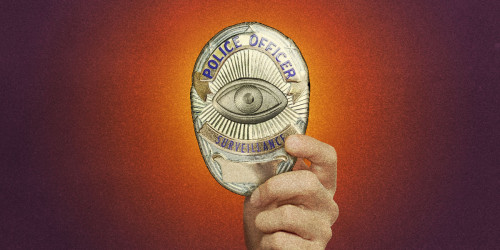California has taken another big step towards updating reader privacy for the digital age. The State Senate Judiciary Committee passed through SB 602, the Reader Privacy Act, after hearing testimony from EFF Legal Director Cindy Cohn and others in support of the bill Tuesday.
As Cindy told the judiciary committee, the books we choose to read reveal private information about our political and religious beliefs or interests, our health concerns, our financial situation, and our personal and professional lives. Maintaining reader privacy is fundamental to the dignity of Californians, and this principle is well ensconced in state law. However, with the market for digital books exploding, the law needs an update for the 21st Century.
Digital book services, libraries, and bookstores collect far more information than physical bookstores and libraries do. The data can include books browsed, how long a page is viewed, and even the electronic notes written in the margins. It's not hard to see the detailed portrait this could paint of your life. Without legislative protection, that information is a tempting target for the government or other litigants, like those involved in divorce cases, custody battles, or insurance disputes.
SB 602, introduced by California Senator Leland Yee, protects your private electronic reading records from those who don't have proper justification. The bill prevents disclosure of data without a warrant in a criminal case or a court order in a civil case. It also requires notice and opportunity to contest the order to the bookseller, and in some cases, to the reader. The bill would also have booksellers report on the number and type of requests that they receive.
The next step for this bill is the State Senate appropriations committee. Californians should let their state lawmakers know that this bill is key to updating privacy law for the digital age and ask them to support SB 602.









